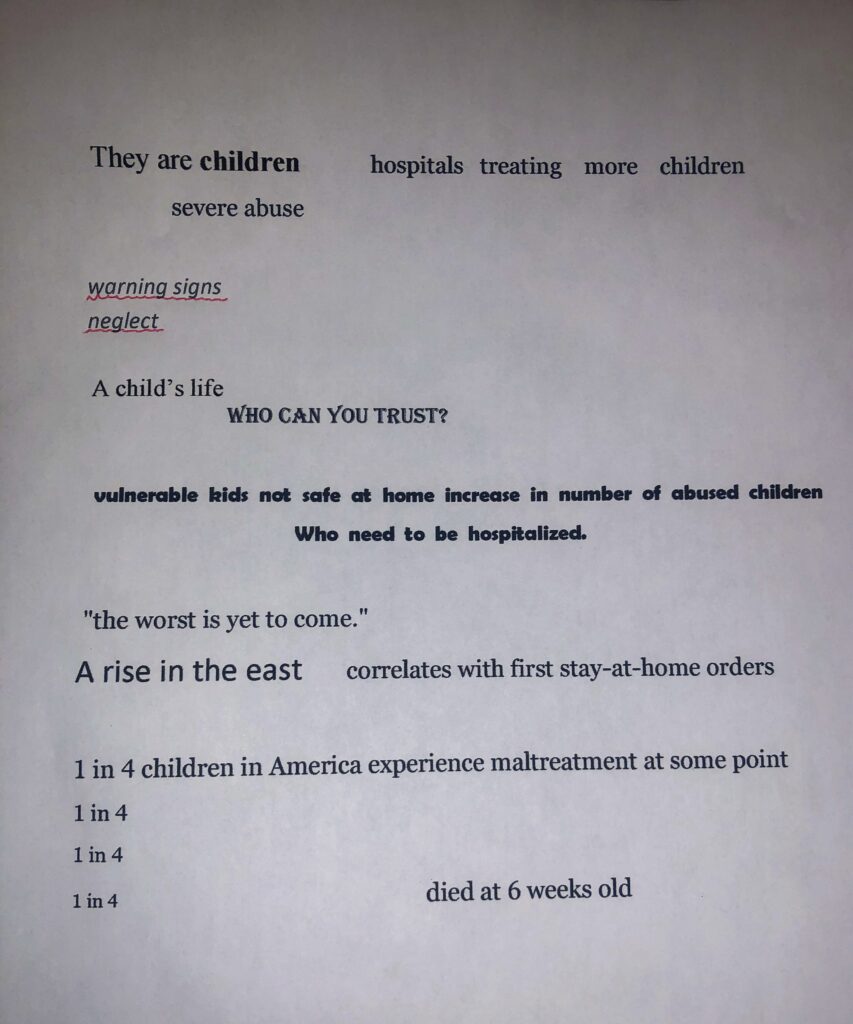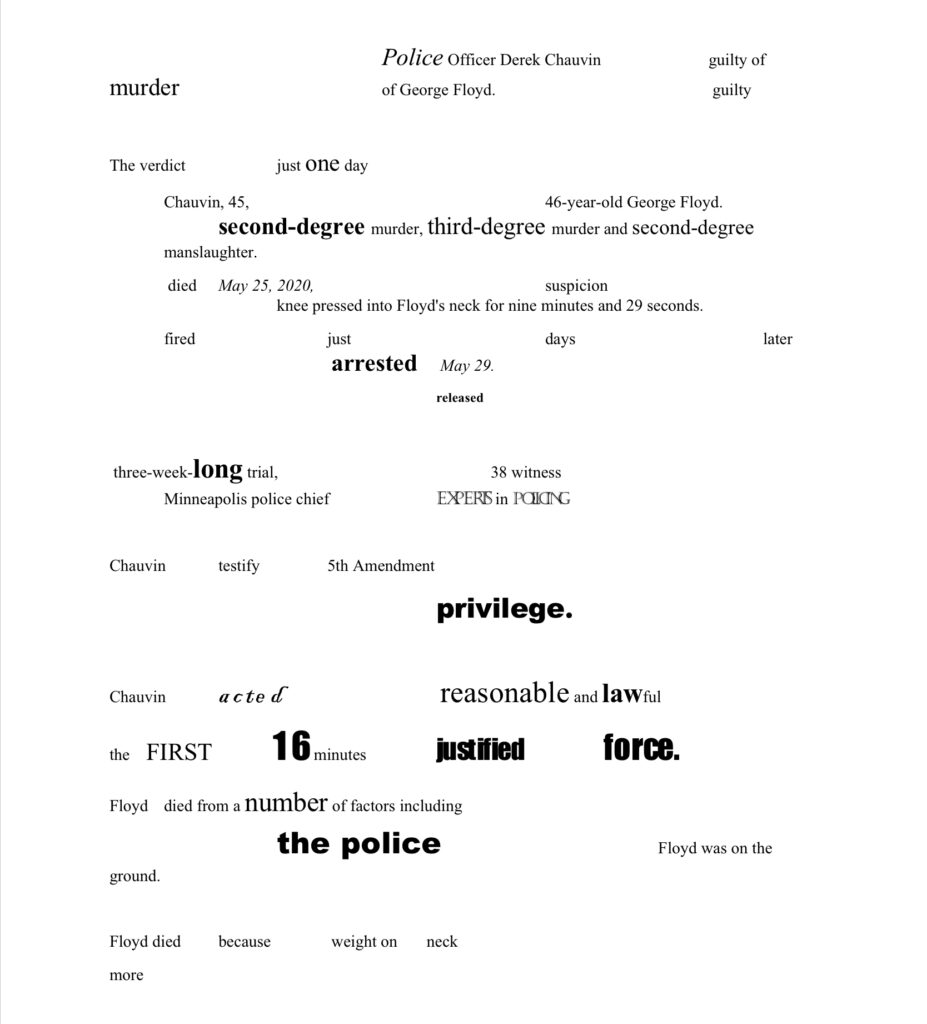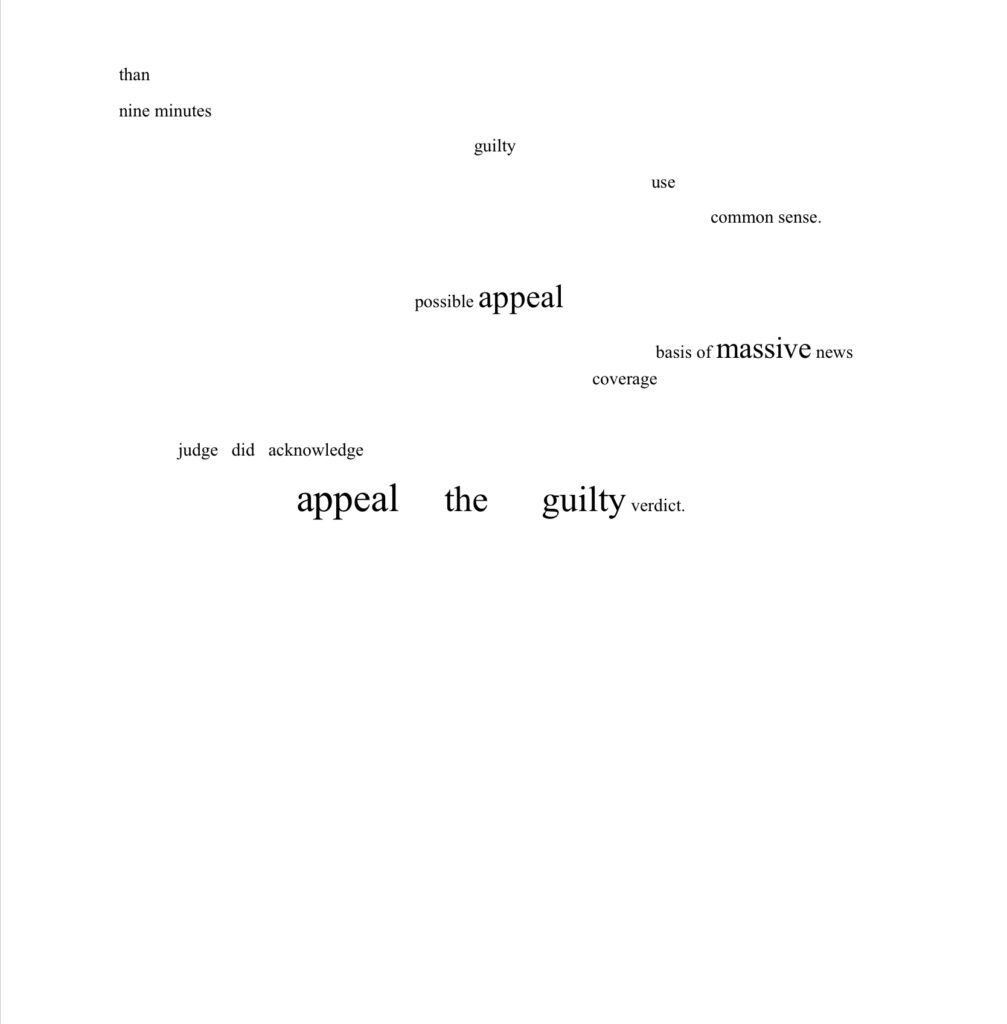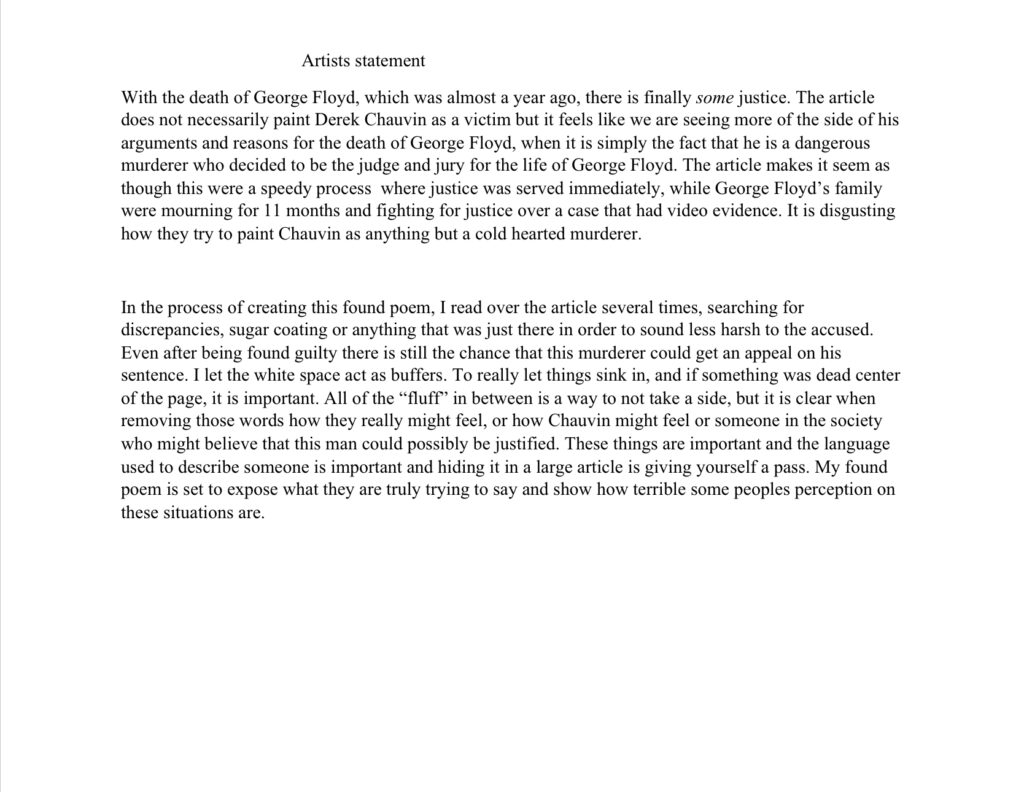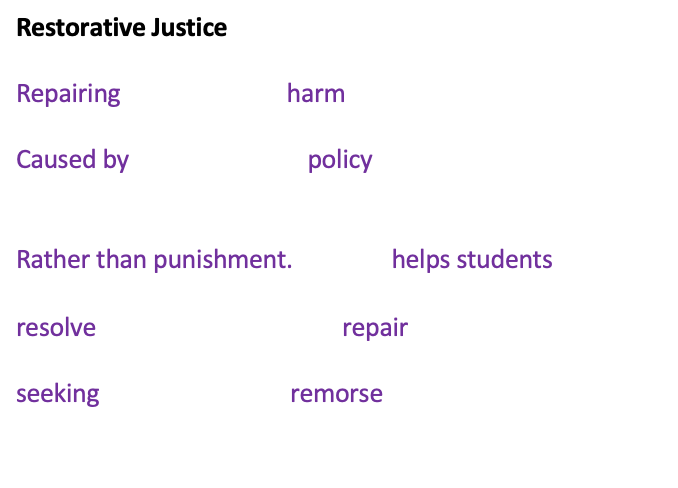In Myriam Gurba’s memoir Mean, Gurba calls attention to the sexual violence women experience and how it feels to live life after trauma. Gurba after going through a traumatic sexual assault lives with fear. Unfortunately, that fear has attached to her and now changes the way she views the world around her. We typically hear about traumatic experiences and what happened in the moment however, it is important to discuss the pain that lingers and the after-effects sexual assault has on a person.
Experiencing sexual assault has left Gurba viewing the world around her differently. It has left her questioning the meaning of surviving and the meaning of rape. To Gurba, rape is everywhere. It’s lurking in the air, the sky, the dugout, the infield, and the neighbors. When Gurba lists the places rape hides it alludes to the idea that rape is something that can happen anywhere even in the most mundane places and even with ordinary-looking people. Gurba after experiencing rape feels that it has changed her when she states “After a stranger ambushes you and assails your private parts, everything becomes new. Everything is reborn. Everything takes on a new hue, the color of rape. You look at the world through rape-tinted glasses. You understand that you live in a world where getting classically raped is possible and that classical rapists lurk everywhere, even in impossible places”(111). Seeing the world through “rape-tinted glasses” shows that after the assault Gurba has become paralyzed by unease and distrust in the world. This danger is everywhere and she can’t escape the possibility of a sexual threat. Gurba also mentions that she now sees her rapist everywhere. She says “I saw flashes of him in nearly every man. The curve shaved head was him. A sharp grin was him. A bright white T-shirt was him. Tightly laced Nikes were him. Five o’clock shadow was him. Post traumatic omnipresence”(126). Seeing this man in shoes, hair, and t-shirts shows that too Gurba her attacker is everywhere in everything. This pain of seeing her attacker everywhere in every man also leads to the conversation on mental health and PTSD. Gurba has discussed that PTSD is something that was given to her when she says “Did you know PTSD is the only mental illness you can give someone? A person gave it to me. A man actually drove me crazy.” Talking about mental health and being given a mental health illness shows that after a traumatic event like the one she encountered, she and other women struggle mentally. The pain and fear of her experience are carried with her through life and are feelings she continues to struggle with. Gurba shows that life after a traumatic experience is hard and many victims go through fear, distrust, and PTSD.
Throughout the book, Gurba also shows that life after a traumatic event also comes with a lot of guilt and victim-blaming. Gurba shares that she felt guilty for her own assault stating that “I silently doubted my defense. Had I not been wearing a skirt, it wouldn’t have been easy for that smile to go where it didn’t belong”(125). This line stood out to me because it explores the idea of victim-blaming. As women, we are constantly taught how to protect ourselves and “prevent” the chance of getting assaulted, even though there is no way to prevent these things from happening and blame should never be placed on a victim. Unfortunately, hearing statements like “What was she wearing?” has made victims blame themselves as demonstrated by Gurba blaming herself for wearing a skirt. Gurba also draws attention to her own victim-blaming when she questions the meaning of her life being spared but another woman being killed. Gurba says ” If I’d chase him into that alley, caught up to him, taken off my shoe, and beaten him with it like Mom taught me you’re supposed to do with cockroaches, then he wouldn’t have been out stalking, grabbing, and mutilating women”(139). Gurba blames herself for not trying to fight and follow this man which she feels would have stopped him from hurting other women. There is a lot of survivor’s guilt involved in surviving this attack when another woman was killed. Gurba shows that some victims of sexual assault sadly suffer from guilt and blaming themselves in different ways for what happened or what they could have done.
Gurba through sharing her experience has taught readers the many struggles women face after experiencing assault. Sharing her experience with PTSD, guilt, and victim-blaming has demonstrated the various ways trauma affects people later on in life.
Discussion Questions
- Gurba mentions “But I also enjoy being mean” and “being rude to men who deserve it is a holy mission” in this memoir . Is her behavior towards men actually meanness, or is it a valid defense mechanism?
- Gurba uses a lot of humor and sarcasm in her memoir even when discussing difficult topics. Why do you think she writes in this style and what does it do for her book? Could humor be a way of coping with trauma?

